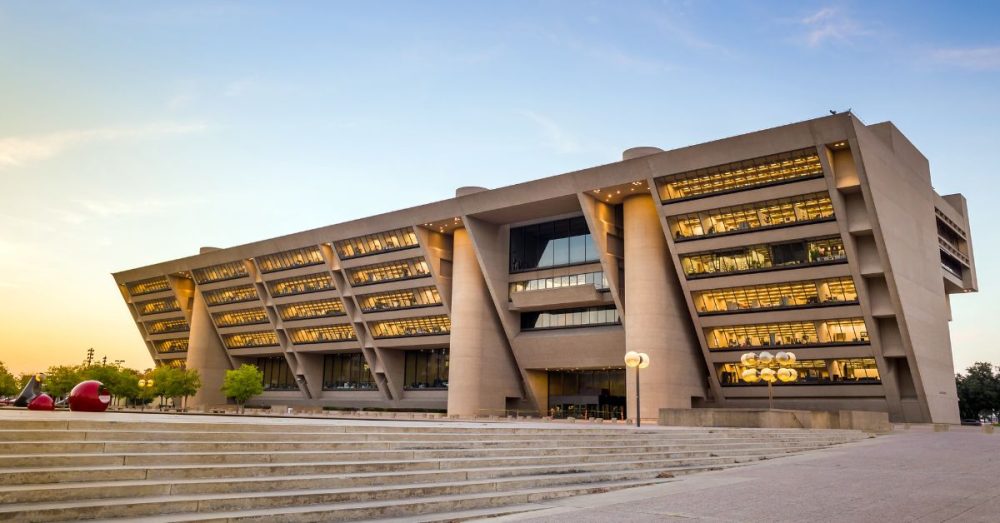Dallas residents will get the chance to vote on four proposed charter amendments in November.
Pete Marocco is the executive director of Dallas HERO, a bipartisan initiative seeking to amend the Dallas City Charter. His group organized three citizen-led petitions that were recently certified by City Secretary Bilierae Johnson.
The reforms would boost Dallas police staffing and pay, tie the city manager’s pay to performance, and allow citizens to take legal action against City leaders for not abiding by the Dallas City Charter or City Code.
A citizen-driven petition to partially decriminalize small amounts of marijuana was also certified by Johnson, KERA News reported.
If approved by voters in November, police will stop arrests for less than 4 ounces of marijuana, which currently carries a sentence of up to one year in jail, as reported by The Texas Tribune.
Marocco told The Dallas Express that Dallas HERO’s proposed charter amendments aim to restore order in the city. He said he thinks the marijuana decriminalization amendment would have the opposite effect and push the city further toward “total decay.”
“I think people are realizing that we are one or two election cycles away from looking like a degenerate city like Portland, Oregon,” Marocco told The Dallas Express.
Speaking about HERO’s proposed charter amendments, Marocco said, “We heard real enthusiasm and urgency from the people that this needs to happen now before we find ourselves in [a Portland] type of situation.”
The next step for all four charter amendments is for the Dallas City Council to vote to officially add them to the ballot. However, officials could engage in some shenanigans that undermine the spirit of the amendments and thwart the will of residents who signed the initial petitions.
Some city councils in Texas have adopted misleading ballot language in the past, policy experts previously told DX.
Marocco said in a previous interview that his group would not tolerate Dallas officials changing the language of its proposed charter amendments.
“There may be unanticipated challenges, as there always are,” he previously told DX. “We are watching very carefully the next few weeks. We have let the City know that there is a statuary requirement and case law that supports us. They cannot alter the intent. So if there are bureaucratic tricks at work, we have anticipated those and believe we will get through them without a real problem.”
DX reached out to City Secretary Johnson and asked whether her office was concerned about alternative charter amendment language being put on the ballot.
“Ballot language is not decided by my office. And yes, I am always concerned when it comes to the [issue] you have raised,” Johnson replied.
Dallas HERO conducted a poll that showed Dallas residents would push back against officials who attempted to manipulate the charter amendment process.
The poll found that 13% of respondents said they would take legal action in such an event, 42% would vote against city council members in future elections, 15% would call, visit, send letters, or speak at city council meetings on the issue, 20% would initiate a recall against city council members, and 8% would organize neighborhood or community action.
Only 9% of respondents said they would do nothing, while 43% said they would engage in all listed options.
City Attorney Tammy Palomino could wield considerable influence over the wording of the proposed amendments as they appear on the November ballot. However, it remains unclear to what extent, as no documentation of Dallas’ rules pertaining to the drafting of ballot language is readily accessible to the public.
A spokesperson for the City of Austin told DX that the city’s law department advises the city council on “legal issues associated with ballot language for all elections.”
The Austin City Council lost a lawsuit in 2021 before the Texas Supreme Court, which determined the council enacted misleading ballot language for a citizen-led petition.


